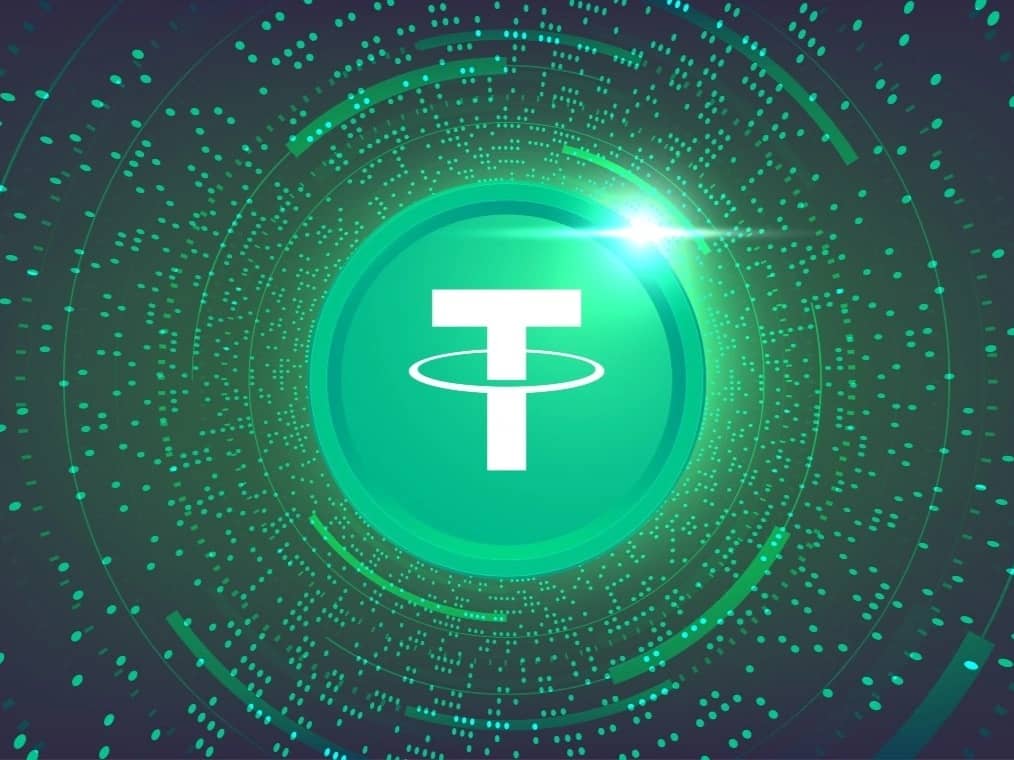위키 구독하기
Share wiki
Bookmark
Polygon Bridged USDT
0%
Polygon Bridged USDT
**Polygon Bridged USDT (Polygon USDT)**는 Polygon 네트워크에서 Tether 스테이블 코인을 나타냅니다. 이는 사용자에게 거래 및 탈중앙화 금융 활동을 위한 안정적인 가치 자산을 Polygon 생태계 내에서 제공하도록 설계되었습니다. 이 스테이블 코인은 미국 달러와의 1:1 페그를 유지하도록 고안되었습니다. [2]
개요

USDT는 2022년 5월 Polygon 네트워크에서 기본적으로 출시되었습니다. 이 통합은 거래, 대출 및 수익률 파밍을 포함한 다양한 애플리케이션을 위한 널리 사용되는 안정적인 자산을 제공함으로써 Polygon 생태계를 강화했습니다. 기본 발행 전에 USDT는 주로 Ethereum에서 다른 블록체인의 브리징 메커니즘을 통해 Polygon에서 액세스할 수 있었습니다.
Polygon에서 기본 USDT의 도입은 네트워크의 성장을 지원하고 사용자에게 Polygon 환경 내에서 시장 변동성의 영향을 완화하는 데 도움이 될 수 있는 안정적인 교환 매체를 제공하기 위한 것입니다. Tether의 CTO Paolo Ardoino는 통합에 대해 다음과 같이 언급했습니다.
"[Polygon] - (https://iq.wiki/wiki/polygon) 생태계는 올해 역사적인 성장을 목격했습니다." Tether 최고 기술 책임자 Paolo Ardoino는 성명에서 말했습니다. "Tether가 계속 번성하는 데 필수적일 것이라고 믿습니다." [4]
기술
Polygon Bridged USDT는 Polygon 지분 증명(PoS) 체인에서 작동합니다. Polygon에서 브리지되거나 기본적으로 발행된 토큰으로서, 일반적으로 Ethereum인 다른 블록체인에 보유된 USDT와 동일한 양을 나타내거나 Tether에서 Polygon 체인에서 직접 발행됩니다. 기본 메커니즘은 각 Polygon Bridged USDT 토큰이 준비금으로 뒷받침되어 미국 달러에 대한 페그를 유지하도록 보장합니다. Polygon 네트워크의 아키텍처는 Ethereum 메인넷보다 더 빠르고 저렴한 거래를 허용하여 Polygon 생태계 내에서 USDT 전송 및 사용을 보다 효율적으로 만듭니다. [1] [2]
특징
Polygon Bridged USDT는 미국 달러와의 1:1 페그를 유지하도록 설계되었으며 Polygon 지분 증명 블록체인에서 작동합니다. 이를 통해 Polygon 네트워크에서 안정적인 가치 전송이 가능하며 브리지 프로토콜을 통해 체인 간에 이동할 수 있습니다. 이 토큰은 또한 Polygon의 다양한 DeFi 애플리케이션에 통합되어 거래, 대출 및 유동성 제공을 위한 핵심 자산 역할을 합니다. [2] [3]
잘못된 내용이 있나요?
